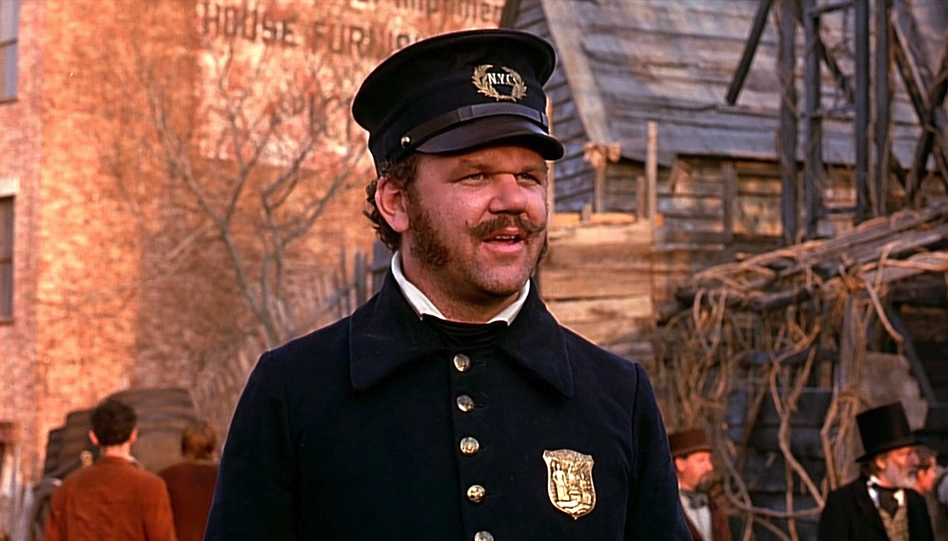On both sides of the Atlantic, most arrests were related to victimless crimes, or crimes against the public order. Another Marxist historian Sidney Harring noted: “The criminologist’s definition of ‘public order crimes’ comes perilously close to the historian’s description of ‘working-class leisure-time activity.’”
Outdoor life was — and is — especially important to working-class politics. Established politicians and corporate managers can meet indoors and make decisions that have big consequences because these people are in command of bureaucracies and workforces. But when working people meet and make decisions about how to change things, it usually doesn’t count for much unless they can gather some supporters out on the street, whether it’s for a strike or a demonstration. The street is the proving ground for much of working-class politics, and the ruling class is fully aware of that. That’s why they put the police on the street as a counter-force whenever the working class shows its strength.
Now we can look at the connections between the two major forms of police activity — routine patrols and crowd control. The day-to-day life of patrolling gets police accustomed to using violence and the threat of violence. This gets them ready to pull off the large-scale acts of repression that are necessary when workers and the oppressed rise up in larger groups. It’s not just a question of getting practice with weapons and tactics. Routine patrol work is crucial to creating a mindset among police that their violence is for the greater good.
The day-to-day work also allows commanders to discover which cops are most comfortable inflicting pain — and then to assign them to the front lines when it comes to a crackdown. At the same time, the “good cop” you may meet on the beat provides crucial public-relations cover for the brutal work that needs to be done by the “bad cops.” Routine work can also become useful in periods of political upheaval because the police have already spent time in the neighborhoods trying to identify the leaders and the radicals.
Read More | "Origins of the Police" | David Whitehouse | Works in Theory
